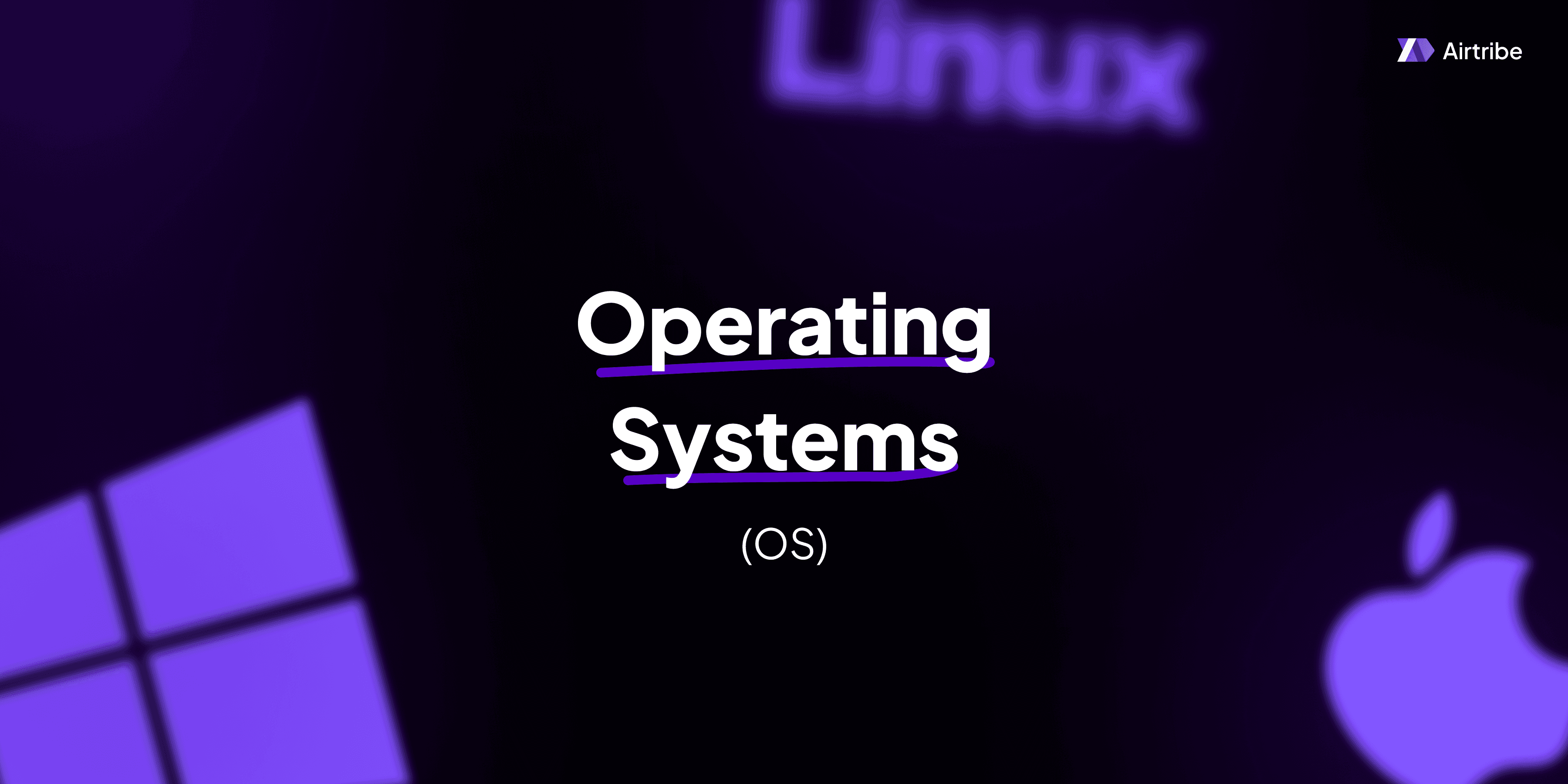fragmentation

Understanding Fragmentation in File Systems
Fragmentation within file systems is a critical concept in understanding how operating systems manage and store files on disk drives. With the continuous evolution of storage technologies and operating systems, understanding fragmentation, its causes, effects, and solutions has become increasingly important for optimal system performance.
Core Concepts and Theory
Fragmentation in file systems occurs when files are not stored in contiguous blocks on a disk. Instead, files are divided into pieces and spread across various disk sectors. Fragmentation can be categorized primarily into two types:
Internal Fragmentation: Occurs when storage space is allocated in blocks larger than the actual data required, leading to wasted space within a block. This is typical in fixed-size block allocations where the data size is smaller than the block size.
External Fragmentation: Occurs when free storage space is scattered throughout the disk, preventing the allocation of contiguous space for a new file. This kind of fragmentation emerges as files are continually written, deleted, and overwritten on disk.
The main problem with fragmentation is that it can significantly degrade system performance due to increased seek time when accessing fragmented files. Disk drives, particularly older mechanical ones, need to move their read/write heads to different locations to access fragmented file pieces, which takes time.
Practical Applications
In practice, understanding and managing fragmentation is crucial for maintaining system efficiency. Several techniques and tools are employed to minimize fragmentation and its impact:
Defragmentation: This is a process of analyzing scattered file pieces and rearranging them to occupy contiguous disk space. For systems using traditional hard drives (HDDs), defragmentation can significantly improve performance.
Filesystem Choice: Modern file systems like NTFS, ext4, and APFS have enhanced mechanisms to minimize fragmentation. They employ algorithms that prioritize storing files contiguously or in a manner that minimizes fragmentation.
Regular Maintenance: Regular monitoring and maintenance of file systems, including keeping adequate free space and regular cleanups, help reduce fragmentation.
Code Implementation and Demonstrations
While implementing a defragmentation process programmatically is quite complex and typically handled by built-in operating system tools, understanding how file allocation works can be simplified with a conceptual demonstration. Below is a Python example illustrating simple file allocation simulation:
class DiskSimulator:
def __init__(self, size):
self.size = size
self.disk = [None] * size
def allocate_file(self, file_id, file_size):
for i in range(self.size - file_size + 1):
if all(self.disk[j] is None for j in range(i, i + file_size)):
for j in range(i, i + file_size):
self.disk[j] = file_id
return True
return False
def display_disk(self):
print("Disk layout: ", end="")
print("".join(['_' if block is None else str(block) for block in self.disk]))
# Example usage
disk = DiskSimulator(size=10)
disk.allocate_file(file_id=1, file_size=3)
disk.allocate_file(file_id=2, file_size=4)
disk.display_disk()
This simple simulation shows how files might be allocated in contiguous blocks and how eventually, the lack of available contiguous space can reflect fragmentation challenges for disk allocation strategies.
Comparison and Analysis
Fragmentation impacts largely depend on the type of storage media and the file system in use:
- HDDs vs. SSDs: Fragmentation is more of a concern with HDDs due to mechanical head movements. With SSDs, since they have no moving parts, fragmentation doesn't considerably affect performance, though it might still impact write endurance.
| File System | Fragmentation Handling | Efficient For |
|---|---|---|
| NTFS | Automatic background defrag | HDD and SSD |
| ext4 | Delayed allocation, inodes table | Linux environments |
| APFS | Modern space management | macOS environments |
Additional Resources and References
To dive deeper into file system fragmentation and how operating systems handle them, consider these resources:
Books:
- "Operating System Concepts" by Silberschatz, Galvin, and Gagne
- "Modern Operating Systems" by Andrew S. Tanenbaum
Online Articles and Documentation:
Understanding fragmentation and its implications provides essential insights into optimizing system performance and storage efficiency. It remains a foundational topic for any Software Development Engineer with a focus on operating systems and storage management.


